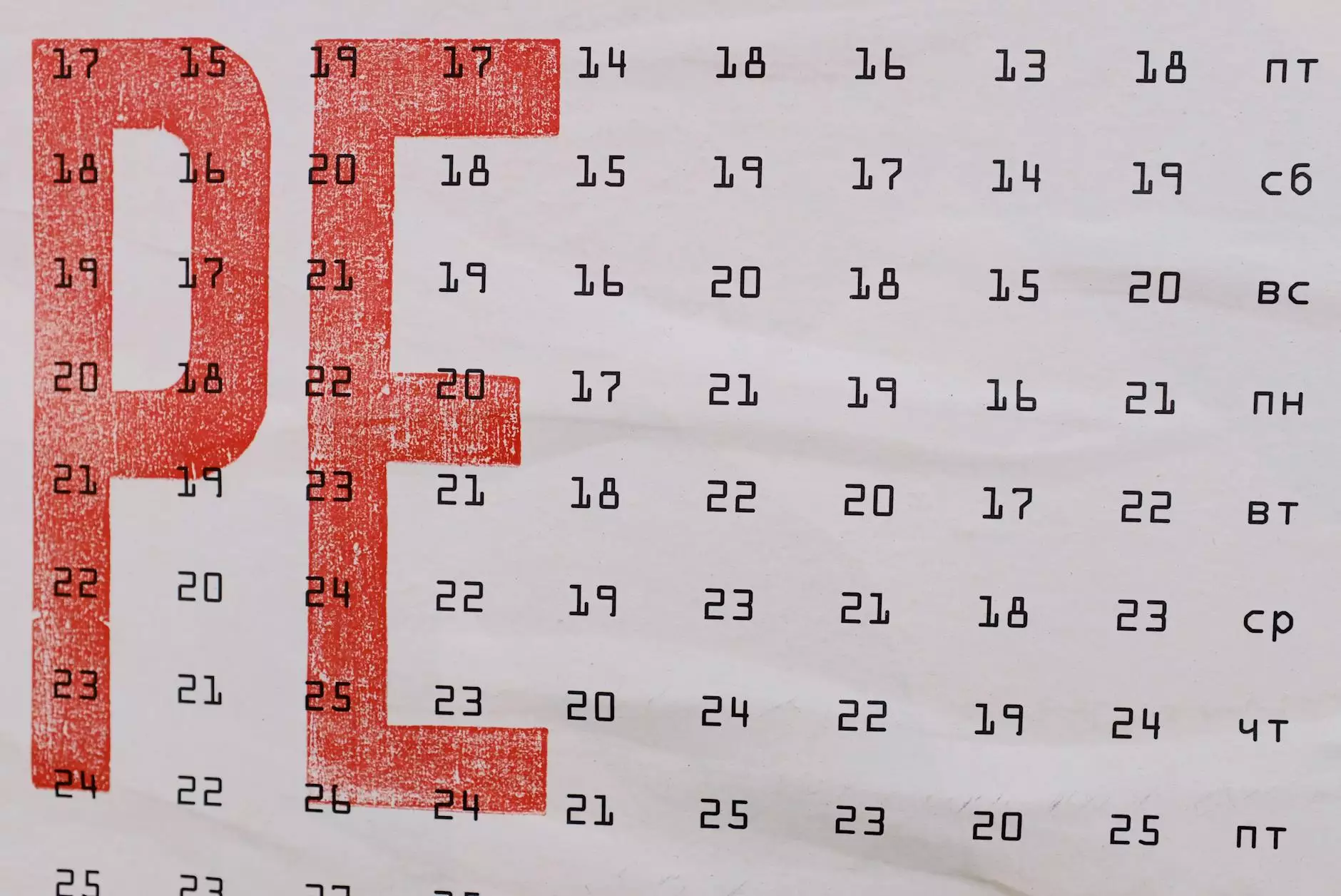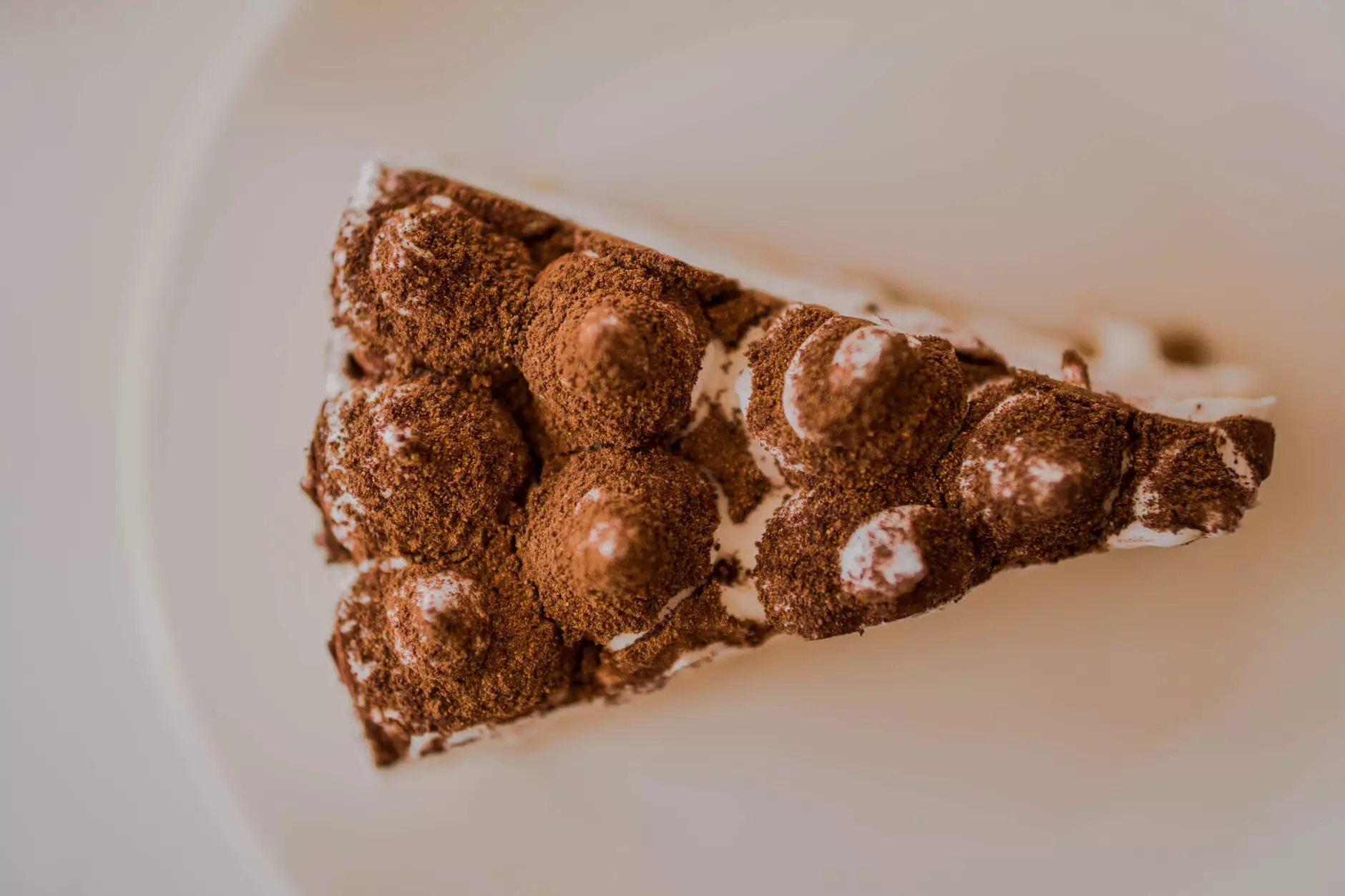06 – Dressed To Kill – An English Idiom
Cultural Insights
The Meaning and Origin of 'Dressed To Kill'
Welcome to NJCLT, your trusted resource for English idioms and language learning. In this episode, we delve into the popular idiomatic expression 'Dressed To Kill.' Join us as we explore its meaning, origin, and usage in everyday conversations.
What Does 'Dressed To Kill' Mean?
'Dressed To Kill' is an English idiom that refers to someone who is wearing outstanding or glamorous attire, typically to impress or gain attention. This expression is often associated with formal events or occasions where individuals make an effort to present themselves in an eye-catching manner.
The Origin of 'Dressed To Kill'
The exact origin of the phrase 'Dressed To Kill' is unclear, but it dates back to the early 19th century. Some believe it may have originated from military terminology, as soldiers would wear their finest uniforms when going into battle to showcase their power and intimidate their opponents. Over time, the expression carried over into everyday language to describe someone who puts significant effort into their appearance, projecting confidence and allure.
Usage and Examples
Let's explore how 'Dressed To Kill' is used in everyday conversations and situations:
1. Dressing Up for Special Occasions
When attending a wedding, it's common to see guests dressed to kill. The men may be wearing sharp suits and ties, while the women don elegant dresses and high heels.
2. Confidence Boost
A well-tailored outfit can make a person feel more confident. If you have an important job interview, you might want to dress to kill to create a positive impression on the interviewer.
3. Standing Out in a Crowd
Want to be the center of attention at a party? Dress to kill! Wearing a stunning attire will ensure all eyes are on you, making you the talk of the event.
4. Cultural Significance
The notion of dressing to kill has cultural significance in various societies. In some countries, such as India, people dress elaborately during festivals and celebrations to honor their traditions and showcase their rich cultural heritage.
Conclusion
In conclusion, the idiom 'Dressed To Kill' signifies someone who has put careful thought and effort into their appearance, aiming to make a lasting impression. Whether it's for formal events, job interviews, or simply wanting to stand out, dressing to kill can boost confidence and attract attention. Remember, it's essential to strike a balance between expressing your individual style and adhering to the event's dress code.
We hope this exploration of the idiom 'Dressed To Kill' has provided you with valuable insights. Stay tuned for more idiomatic expressions from NJCLT, your go-to source for English language learning!










